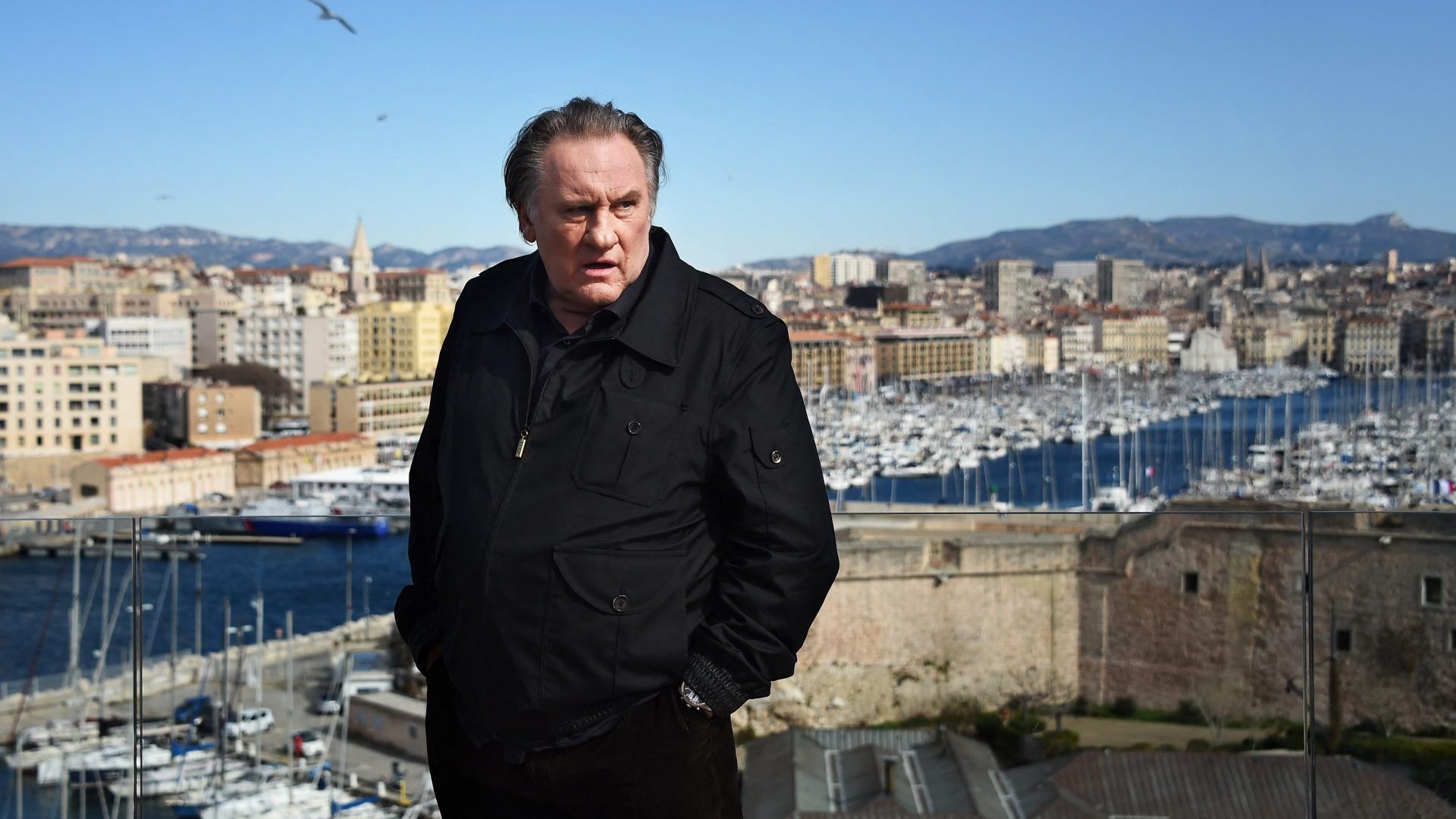How long does it take to travel from Los Angeles to Paris? Without looking it up, you’d probably assume it would be a nine-, maybe ten-hour journey. How about seven years?
The #MeToo movement changed the face of Hollywood forever back in 2017. It eventually spread to other places and other professions but, at the beginning, it was all about Harvey Weinstein and the film industry.
Britain had its own version of it, just about. Other countries did too. France had…well, whatever it had was short-lived, and half-hearted. #BalanceTonPorc, the equivalent hashtag, made the headlines for a little while, but in the end little changed. Until this year, that is.
As with the original campaign, it isn’t exactly clear why the dam decided to burst when it did. One catalyst may have been Judith Godrèche, the actress who, in February, gave a powerful speech at the Césars awards. She’d accused two famous directors of rape and, standing in front of her peers, asked the audience: “Where are you? What do you have to say?”
Another watershed moment may have come from the multiple accusations made against Gérard Depardieu, who needs no introduction. The actor is 75 years old and has been one of France’s most famous actors for what feels like centuries. His behaviour on- and off-set had long been discussed but always been brushed away, sometimes being mentioned in the press but never in a way that felt conclusive.
For years, women would try to speak up, and explain that he had touched them and spoken to them in ways that’d made them feel uncomfortable, repulsed, scared or all three. It would be talked about for a little while, then France would shrug and move on.
At the end of last month, a tribunal in Paris announced that Depardieu would be going on trial for sexual assault in October. Back in February, one woman accused him of sexual assault and harassment on the set of “Les Volets Verts”.
Speaking to the press this week, her lawyer said that “at this stage, around 20 to 25 women have accused him of crimes ranging from offensive sexual language to harassment and assault. It is time for him to be tried.”
Will it stick this time? Maybe. It isn’t the first time that the actor has been arrested on charges like these. He has, until now, always managed to wriggle free, and act like nothing ever happened. Younger and more socially liberal audiences have long been shunning him, but they aren’t exactly the majority.
Still, something feels different this time. A number of actresses have recently spoken up about their own experiences on and off set, sometimes naming the culprits and sometimes lashing out against broader structural problems. The issue has been in the news for over two months, and it still isn’t disappearing.
Rachida Dati, the culture minister, has now waded in, telling a journalist that “we’re not talking about art here, but about criminality”. It was an interesting point to make, as this is probably the argument that had been holding French cinema back.
A proud country of culture, France has always had a tendency to put art and talent above everything else. Who cares how a man behaves? As long as he can write a really great book or make a really great film, then surely all can be forgiven.
By putting its (male) actors, directors and authors on a pedestal, French society allowed them to behave however they wished, with no fear of consequence.
Even as the rest of the western world attempted to get to grips with the poisonous ways in which women had long been treated, France stood more or less alone in its steadfast refusal to truly care about sexual predators.
There is no way to predict whether this latest round of accusations will lead to meaningful change, but it does feel like something is in the air. When, late last year, footage of Depardieu making sexual remarks to and about women and girls in North Korea emerged, many were repulsed.
There wasn’t any space left for doubt, or “she said/he said”; everything was caught on camera, and it was revolting. After the fact, Emmanuel Macron called himself a “great admirer of Gérard Depardieu”, adding that “he has made France known across the whole world”. “As president and as a citizen, he makes France proud”, he concluded.
It was an enraging comment to make, but the ire it drew from many corners of French society was encouraging. Macron may be stuck in the long 20th century, but not everyone is.
It is taking a long time for France to be dragged kicking and screaming into the present, but this time feels like it could be the time. I’ll keep my fingers crossed.











